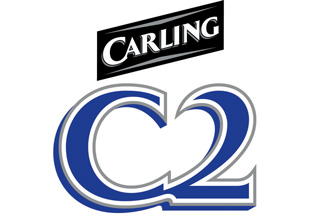
In countries such as Germany, Spain and Australia, low-ABV beers are far more popular. In the case of Germany, almost all the major beer brands - including Krombacher, Veltins and Becks - have released alcohol-free variants. But only a few brands, such as Becks and Kalibar, have entered the sector in the UK.
A Parliamentary Committee recently slammed the range of products on offer, with Labour MP Jim Dowd saying: ‘Why do low alcohol, or alcohol-free, beers taste so bloody awful?'
Andy Fennell, chief marketing officer at Diageo, responded that the presence of alcohol in crucial for the body and taste of a beer. He added that brewing technology is improving for 2% ABV beers, and that the company remains committed to delivering better-tasting alcohol-free beers.
Molson Coors hopes to make some headway with a new variant of C2, the low-alcohol version of its Carling brand. The brewer will soon be selling C2 in a bottle containing a single unit of alcohol, which will make it easier for drinkers to keep track of their alcohol consumption. But UK marketing director Simon Davies admits there is an image problem, with consumers more willing to glug on soft drinks all night than drink beer without the intoxicating benefits.
‘There is a perception that these beers are not going to taste very good. There were a number of very significant alcohol-free beer launches in the 1980s, none of which tasted great, and consumers have long memories,' says Davies.
Davies is also frustrated by the regulations dictating the use of ABV in advertising. The ASA prevents advertisers from selling high-strength lagers and ciders on the basis of the ABV, but the very same guidelines mean brands cannot draw on the positives of a low ABV.
The Portman Group is lobbying the ASA to amend its rules so that producers of beers below 1.2% ABV will be able to promote them as low strength. And until brewers are allowed to point out the benefits of keeping sober, it is unlikely that stubborn UK consumers will change their minds about low-alcohol beers.

